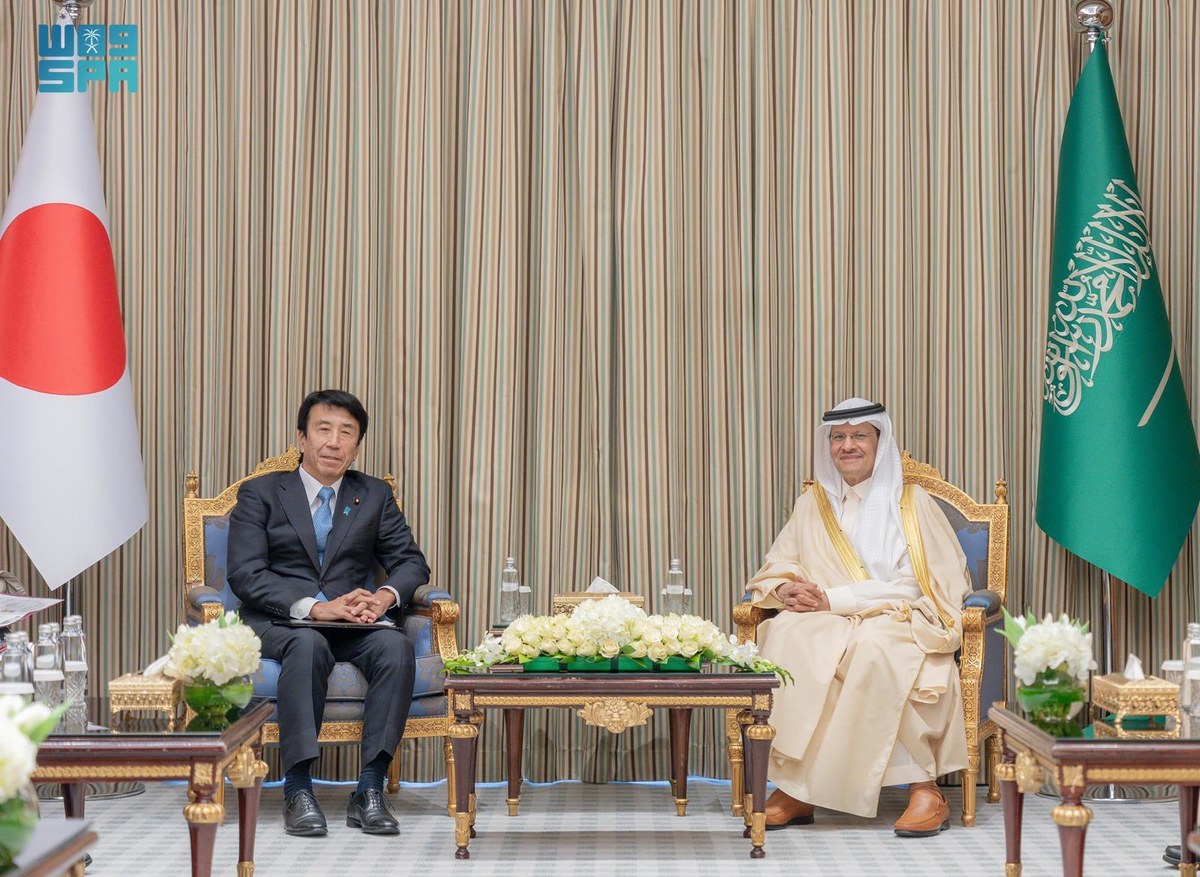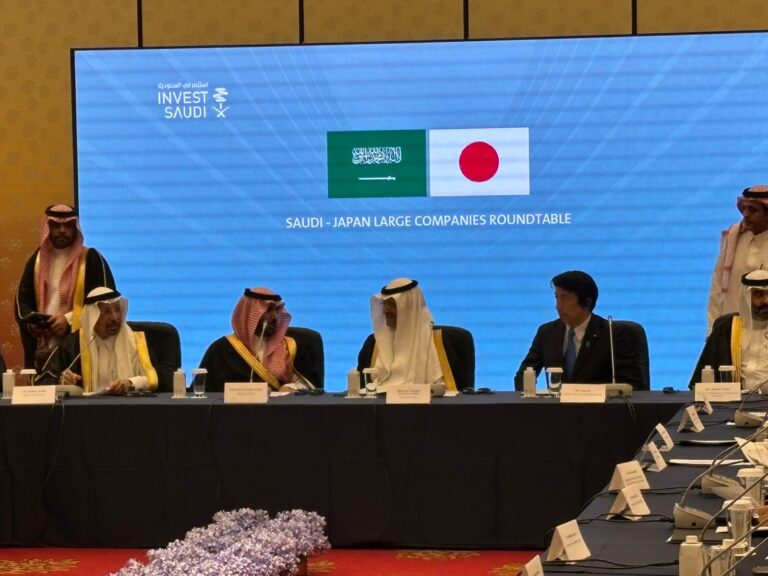TOKYO: The Saudi Arabia-Japan Vision 2030 Business Forum took place in Tokyo on Tuesday with over 300 industry officials and leaders discussing ways to boost trade, investment and cultural ties.
In her keynote speech, Sara Al-Sayed, Saudi Arabia’s deputy minister of international partnerships at the Ministry of Investment, outlined plans for further collaboration between the two nations.
“Under the Saudi-Japan Vision 2030, we aim to take this partnership to a new level,” she said. “We want to leverage our mutual strengths, drive sustainable mutual economic growth, enhance technological innovation, and promote cultural exchange. We will be able to unlock the potential to expand the Japan partnership to be a key driver of growth.”
She added: “We have noticed in the last decade the strength of the partnership between Saudi Arabia and Japan. Over the last decade alone, the number of companies that have been established in Saudi Arabia by the Japanese has doubled and we have over 50 headquarters that have been established in Saudi Arabia. This forum will act as a catalyst to accelerate this growth and translate interest into investment.”
Saudi Arabia’s Minister of Investment Khalid Al-Falih, Minister of Energy Prince Abdulaziz bin Salman Al Saud and Japan’s Minister of Economy, Trade and Industry SAITO Ken attended the forum, each giving a speech commemorating the relationship between the two nations.

Saito said the Japanese government will extend its maximum support to expand business with Saudi Arabia, while Prince Abdulaziz said the Kingdom “will bring collaborations to the forefront and will make sure that in all of the forums, we advocate the same aspirations in the national transition process attending to energy requirements.”
Al-Falih said in his closing remarks that the Kingdom’s non-oil income has “doubled and is looking for an accumulated investment of over $3 trillion that offers big chances to Japanese.”
He added that Saudi Arabia has a “bubble of projects as it will host expo 2030 in Riyadh.”
Saudi Arabia will also host the Winter Olympics in NEOM, and the World Cup 2034, that offers investment chances for the Japanese companies to participate, he explained.
Sessions at the forum included “Forging stronger manufacturing collaboration between KSA and Japan,” “Collaboration in the new era of sustainability and circular economy,” “Reinventing entertainment and gaming industries across borders,” and “Expanding the area of cooperation in healthcare.”
Additionally, the forum hosted a “Digital Entertainment Roundtable,” to discuss Saudi Arabia’s efforts to build a local gaming industry, which includes localizing Japanese games for the Saudi market, collaborating with esports tournament organizers, and investing in the digital entertainment sector.

Saudi Arabia’s Minister of Communications and Information, Abdallah Alswaha, and Minister of Investment attended the roundtable, with the former giving a short speech during the opening.
Saudi Arabia’s gaming sector is expected to grow to 1.3 billion dollars in the next two years, with 58 gaming companies operating in the Kingdom. 67% of Saudi Arabia’s population (around 24.8 million people) are active video game players.
The Kingdom will be hosting this year’s Esports World Cup in July and will be giving away approximately $60 million in prize money to further grow the gaming sector.
Saudi Arabia has previously collaborated with Japanese companies, which have provided the Kingdom with expertise, knowledge, and cutting-edge technologies to improve the overall quality of projects and elevate the reputation of the digital entertainment industry.






























